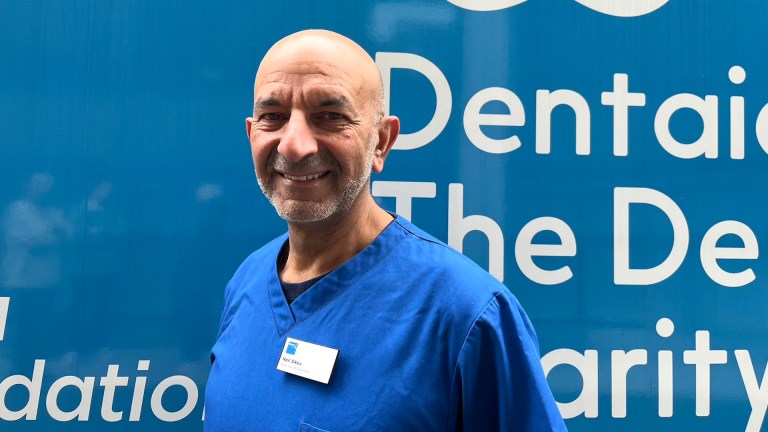Anaesthesia – the term coined by Oliver Wendell Holmes in 1846 following the discovery of ether – means lack of sensation. General anaesthesia is a drug-induced, controlled, reversible loss of consciousness that permits the performance of painful operations which could not be undertaken in the conscious state. Anaesthesia was undeniably a wonderful discovery, but the real wonder is that this medical treasure was ever uncovered at all, dependent as it was upon empirical knowledge gleaned via the highly risky means of self-experimentation.
The search for anaesthesia became something of a holy grail in medicine, seeking an answer to the vexing question of how a powerful narcotic poison might be administered to produce complete insensibility without significant risk to life. Poppy, henbane, mandragora, hemp and alcohol had all been used, but their effects found to be incomplete, inconsistent and frequently dangerous.
This is why we all owe a debt of gratitude to the brave pioneers who were not averse to performing experiments upon themselves, risking life and limb in their quest for a means of facilitating painless surgery.
William Morton breathed ether himself on several occasions before the first successful demonstration of ether anaesthesia at the Massachusetts General Hospital in October 1846. James Young Simpson, in 1847, was determined to find a ‘better drowsy syrup’ than ether and spent many a long evening after dinner sniffing tumblers of volatile substances, often achieving nothing more than a blinding headache and incapacitating dizziness for his trouble. Yet he persevered. Ether, revolutionary as its effects might be, proved less than perfect. It had an unpleasant smell, caused airway irritation and had to be administered in a relatively large dose, which was problematic when heavy glass bottles needed to be carried up three or four flights of tenement stairs. It was also flammable, which was potentially hazardous at a time when artificial light was provided by gas or candle.
On November 4, 1847, Simpson found what he had been looking for. He woke up under his dining room table, having lost consciousness after inhaling a substance called chloroform.
Surgeons took to ether and chloroform with a remarkable degree of rapidity, considering anaesthesia to be a great boon conferred on all of mankind. Midwifery was another matter. Concerns were raised about the wisdom of relieving what was considered to be a perfectly normal pain. Medical men as well as clergymen quoted Genesis: “In sorrow shalt thou bring forth children”, promoting the notion that anaesthesia in childbirth was anti-scriptural.










